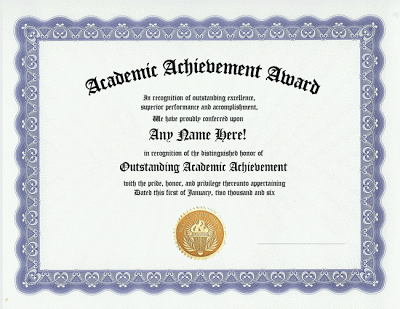 If you know anything about me, and really, if you’ve been following this blog you probably know more than you want to, it won’t come as any surprise I have no problem saying no to things I don’t want to do.
If you know anything about me, and really, if you’ve been following this blog you probably know more than you want to, it won’t come as any surprise I have no problem saying no to things I don’t want to do.I've found it's the only way I can have some sense of control and balance in my life, and make time for the things that are most important to me.
I can't imagine having a job where I didn't have that option. It’s one of the reasons I like freelancing so much.
As a freelancer, there are a lot of ways to say no. If the situation allows, the best way is to just say it. For example, like the time I got a call from someone who’d gotten my name and number from a friend(?) and offered me a gig writing about the many involving and fascinating aspects of waste management. Naturally I got the call while I was in the middle of lunch.
Anyway, I told him that as attractive as waste management sounded, I wasn't the right guy for the job. Thanks but no thanks.
I’ve also turned down jobs I didn’t want in other ways. I've priced myself out of the gig (“Yes, you heard right: $5000 a day.”) Of course the risk with that is they have the money and might actually say ok. In which case I retreat to my fallback refusal tactic: availability.
If a client's willing to throw the vault at me on a job I don’t want to do, I follow it up with a question I know I can always answer to my advantage: “When do you need it?”
Hey, sometimes the timing just doesn’t work. Especially when I don’t want it to.
I don’t mean to sound like all I do is find ways to avoid work. I don’t. I like working and all the benefits it brings to my family, my life and my bank account. But I am past the point of taking any job just for the money, and writing for any client who happens to find my number.
By the way, if you didn't flinch at that $5000 day rate, I'm available whenever you want me.






